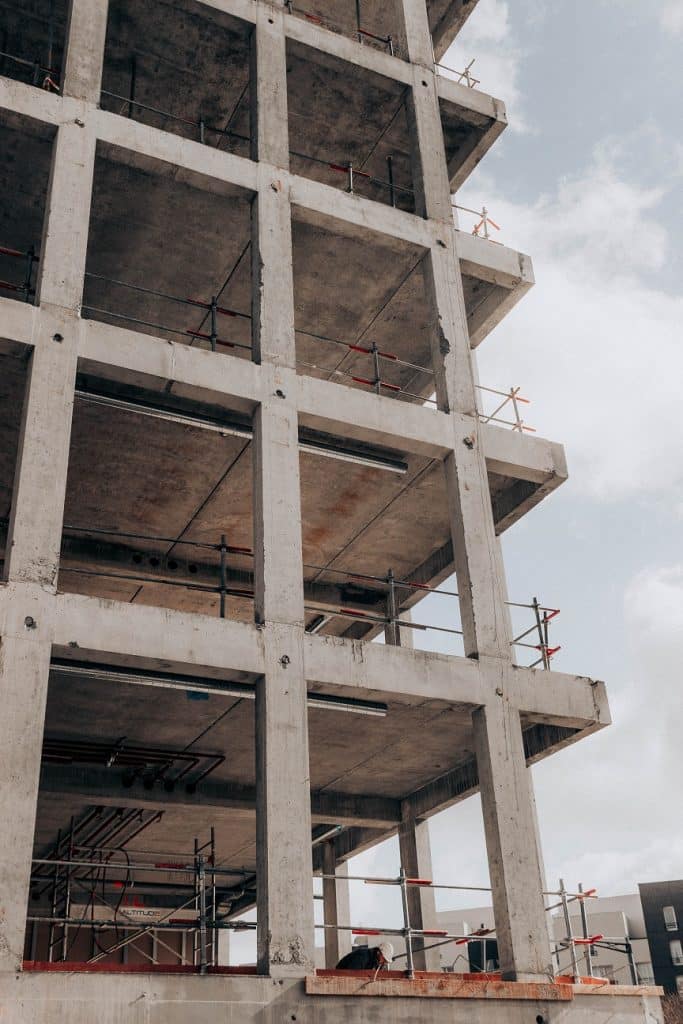HSE inspectors refused entry to a construction site resulting in a prosecution of the man who was in control of the premises. The inspectors were denied entry to the construction site in Scotland to deal with unsafe work activities.
In 2021 multiple concerns about unsafe work at a construction site in Irvine had been sent to the Health and Safety Executive (HSE). On 16 March 2021, two HSE inspectors attended the construction site and observed unsafe work at height taking place on a steel structure.
The inspectors tried to gain entry to the site, but the gates were locked. They spoke to the person in control of the site, Baldev Singh Basra, but he refused to unlock the gates and let them in. Despite explaining the powers to enter a premise given to HSE inspectors as part of the Health and Safety at Work etc. Act 1974, Mr Singh Basra still refused entry to the site.
After officers from Police Scotland attended and gained entry to the site, the HSE inspectors were able to take enforcement action to stop the unsafe work. Two workers were then found to be on the roof of the structure with no safe means of getting down. The Scottish Fire and Rescue Service attended the site and rescued the workers from the structure.
At Kilmarnock Sheriff Court, Baldev Singh Basra of Irvine pleaded guilty to an offence under Section 33(1) of the Health and Safety at Work etc. Act 1974 for contravening a requirement of an inspector – namely refusing entry to a premise where unsafe work was taking place. He was fined £1,500.

Following the sentencing, HSE Principal Inspector Graeme McMinn said: “Inspectors appointed by an enforcing authority have the right to enter any premises which they think it necessary to enter for the purposes of enforcing health and safety at work and any relevant statutory provisions.
“They may only enter at a ‘reasonable time’, unless they think there is a situation which may be dangerous. In this case, the priority of the inspectors was to deal with the unsafe work activity, and they could not allow the person in control of the site to refuse them entry to stop the unsafe work.”
Inspectors appointed by an enforcing authority under section 19 of the Health and Safety at Work etc Act 1974 (HSWA), such as the HSE, have extensive powers to carry into effect any of the relevant statutory provisions. The powers set out in sections 20(2) and 25 HSWA include powers to:
- Enter any premises which inspectors think it necessary to enter for the purposes of enforcing HSWA and the relevant statutory provisions. They may only enter at a ‘reasonable time’, unless they think there is a situation which may be dangerous. If they have reasonable cause to apprehend serious obstruction, they may take a police officer;
- Order areas to be left undisturbed, take measurements, photographs and recordings, take samples and take possession of, and carry out tests on, articles and substances that appear to have caused (or be likely to cause) danger;
- Require the production of, inspect and take copies of relevant documents;
- Require anyone they think might give them relevant information to answer questions and sign a declaration of the truth of the answers;
- Require facilities and assistance to be provided; and
- Seize and make harmless (by destruction if necessary) any article or substance which they have reasonable cause to believe is a cause of imminent danger of serious personal injury.
Inspectors are also given any other power which is necessary for the purpose of carrying into effect the relevant statutory provisions. It is an offence to obstruct an inspector in the execution of their duties.
If you require health and safety advice or support for your business, please contact one of the Ashbrooke team.
